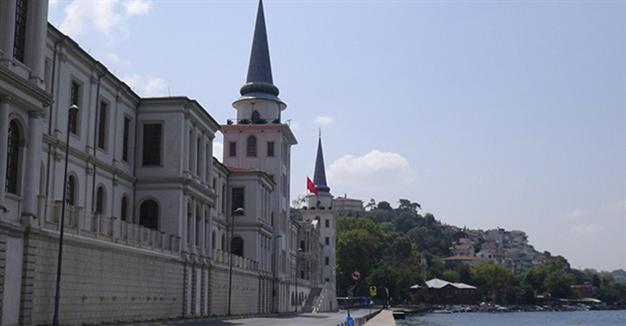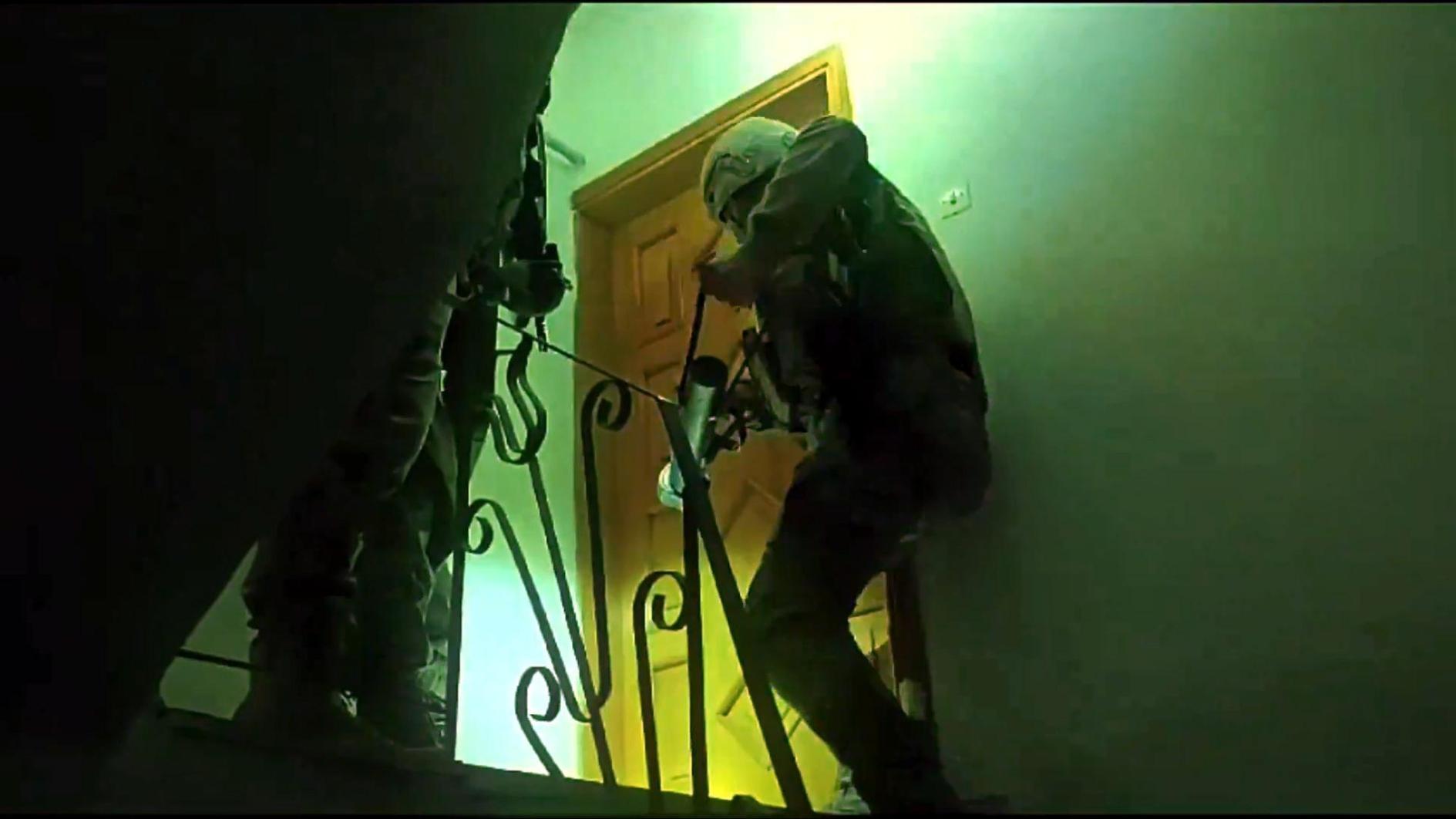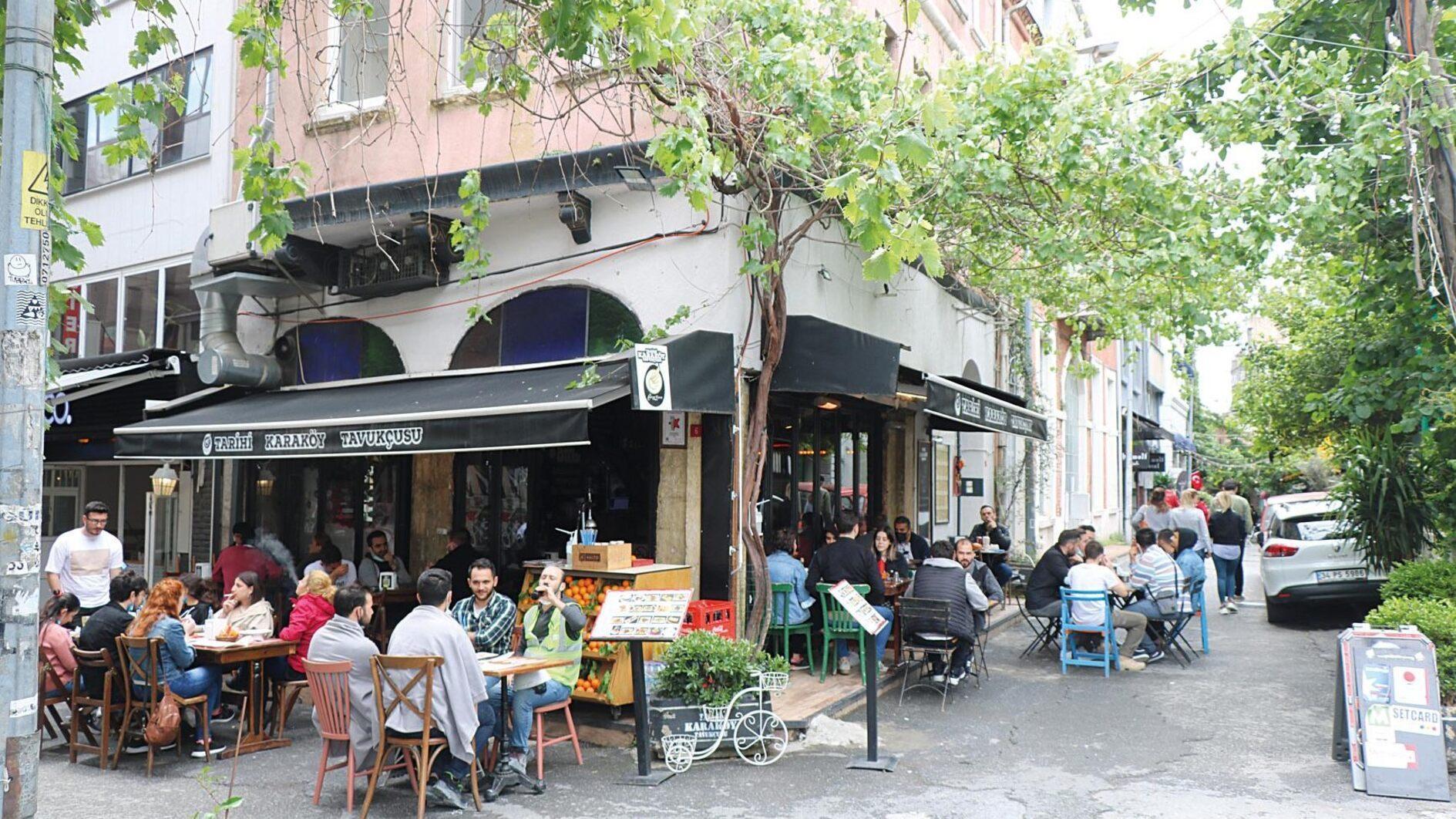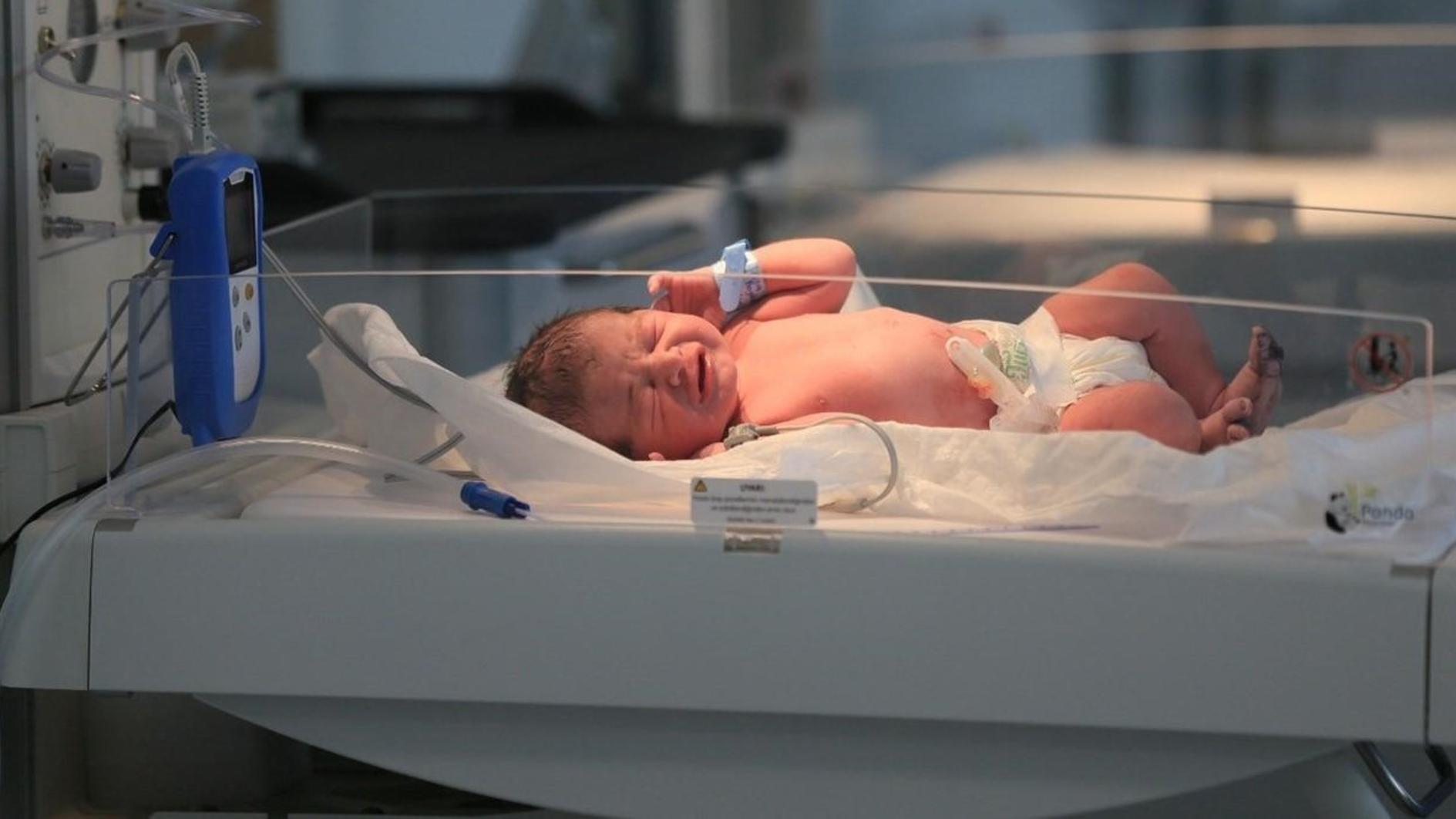Debate begins about future of Istanbul’s Kuleli Military High School after coup attempt
ISTANBUL- Doğan News Agency

DHA photo
Debates have begun on the fate of Istanbul’s Kuleli Military High School building after it was shut down in accordance with a decree passed under the state of emergency after the failed coup attempt of July 15.Ali Hacıalioğlu, the secretary of the Union of Chambers of Turkish Engineers and Architects, said military educational buildings should continue to provide education.
“Military schools such as Kuleli, Heybeliada and Yeşilköy are education buildings and they should continue to serve as educational structures,” Hacıalioğlu said.
Giving Haydarpaşa Train Station as an example, Halıalioğlu said such buildings had become integrated into the city’s fabric with their current functions and were valuable for the city.
The government decision on the changes to the education system should not affect educational structures, he added.
Halıalioğlu also stressed that military barracks that are slated to be moved out of city centers were actually public areas that should not be appropriated in an effort to make profits.
Meanwhile, Korhan Gümüş, an architect and director of urban works during Istanbul’s stint as the 2010 European Capital of Culture, said military buildings such as Kuleli could be used as a “freedom venue.”
“Those venues should be the most important freedom venues of Istanbul freed from violence where people can talk and discuss freely. There should be discussions about how this city will be renewed and improved,” Gümüş said, giving Venetian Arsenal in the former Yugoslavia as an example.
“The Kuleli Military High School is a marvelous monument … We should not think of the building as a hotel and should give the value that it deserves. Just saying that we should preserve the building is not enough; we should run architectural competitions to restore it in the best possible manner,” said Gümüş, adding that there was a need for a new understanding of public management concerning the protection of public property.
Başaran Ulusoy, the chairman of the Association of Turkish Travel Agencies (TÜRSAB), has proposed using the Kuleli Military High School as a museum of democracy,
“There were plans to establish a museum of democracy on Yassıada. However, Yassıada is not convenient in terms of the seasons,” said Ulusoy.
Ulusoy, however, said it could be used as both a museum and a hotel.
The foundation of Kuleli was established in 1845, according to a text written by Kenan Sayacı in the Istanbul Encyclopedia.
The Kuleli Barracks, also mentioned as the Kuleli military school in 1872, remained in the building for only two years. The barracks, which were converted into a hospital because of the wars between Russia and the Ottoman Empire in 1877-1878, continued as the Istanbul War College (Mekteb-i Harbiye) in Şişli’s Harbiye neighborhood before returning to the Kuleli site in 1913.
The building was evacuated to be used as a storage and transit warehouse by the British when Istanbul was occupied by the Entente Powers Istanbul on March 16, 1920, before being given to the Armenian community as an Armenian Orphans School. In 1923, it was converted into the Kuleli barracks again before becoming the Kuleli Military High School in 1925.
The building is also located in one of the most important points along the Bosphorus in Istanbul.
















